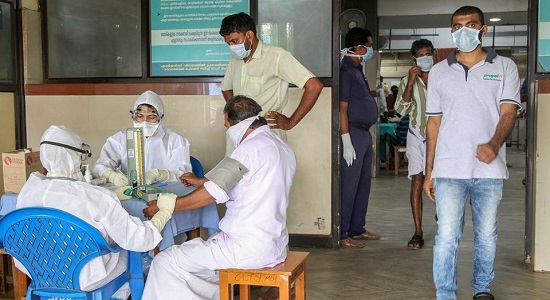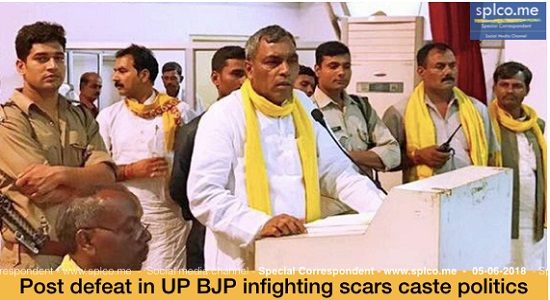When 19-year-old M Ajanya walked out of the Kozhikode Medical College Hospital with her mother, it was a near miracle as she had been infected with the dreaded Nipah virus and few expected that she would live.

Assembled medical workers found it difficult to control their tears when they bid her goodbye.
“We treated Ajanya like our daughter. We closely followed her each movement. We never wanted another Lini (the nurse who died after attending to the affected).
We wanted her to live. Our dedication and work paid off. We won the battle against a hitherto unknown monster,” said head nurse PV Usha Devi, adding it was a memorable day in her career of three decades.
The Nipah was an unknown virus with no medicine or history of treatment and little information about the carrier. Health experts hit a blind spot during the initial stages of the outbreak in north Kerala last month.
But they fought back and contained its secondary infection and nursed back to health two Nipah-positive patients Ajanya, a nursing student and Ubeesh, a male nurse. The deadly virus claimed 17 lives in a span of 10 days. Health experts said that the way the potentially explosive epidemic was contained was laudable.
In two affected districts, Kozhikode and Malappuram, when educational institutions reopened after the extended summer vacation on Tuesday, all schools devoted the first period of the academic session to Nipah. All medical colleges in the state plan to include epidemiology of this virus in the new curriculum.
A team of dedicated medical staff, well-oiled health machinery, and effective monitoring by bureaucracy and political leadership helped the state to win the battle against Nipah, said district medical officer Dr V Jayasree who was at ground zero from day one. Four cases were confirmed by the National Virology Institute in Pune on May 20.
“We were initially at a loss. But we were determined that our helplessness should not percolate down. We mobilised resources, took precautions on a war footing, and gathered background information from wherever we got. Some of us couldn’t sleep for days,” she said, adding that early detection was key to the success.
Once the disease was confirmed, the government machinery swung into action. All cases and suspected cases were moved to the Government Medical College Hospital at Kozhikode.
An isolation protocol, on the lines of World Health Organization guidelines, was formed. Health personnel in all hospitals were given training and safety gadgets. A medical emergency was declared in no time.
“It was a challenge. More than 2,000 contacts were traced and followed up on a daily basis. If and when any of them fell ill, they were taken to isolation wards. Cases were treated symptomatically with life support system.
Anti-viral drug Ribavirin and a monoclonal antibody were imported and tried on some patients,” said state health director LP Saritha who campaigned for two weeks in affected areas. She said efficacy of these imported medicines will have to be studied in detail.
The district administration immediately constituted quick response teams and gave them a free hand.
Read Also: Nipah virus claims 6 lives in Kerala















